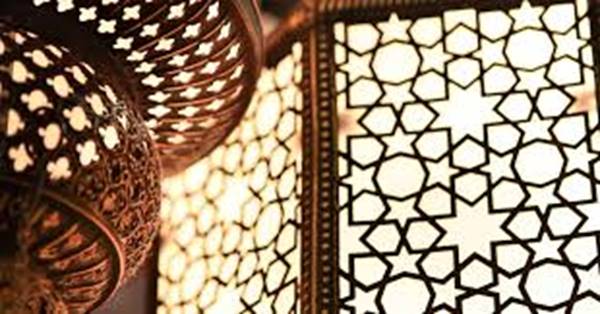
Image Islamic Relief
Hijra: An Event that Changed the Course of Human History
By Dr Aslam Abdullah
Fontana, CA

The total number of Muslims in Medina some 1445 years ago was not more than 75. It was a city with non-Muslims in the majority. Yet, at the command of God, Prophet Muhammad (PBUH) and his companion Abdu Bakr (RTA) traveled to this city to implement divine guidance for a better society.
Why did Allah choose Madinah to be the city to establish a society based on divine ideals? Why was this not done in Makkah, the city where the House of Allah was built by the patriarch of monotheism Ibrahim (PBUH)?
A simple answer that is often given by many is that the Prophet was persecuted in Makkah and the political climate there was not ripe to live Islam, hence the prophet moved to the city that was more open to his ideals.
Well, the messengers and prophets never turn their back upon the people they are sent to and run away from persecution. They endure and stay their ground. So it was not the persecution that led the Prophet to Medinah. It was primarily to prove that divine guidance is not limited to a particular place or town. It can be lived anywhere in the world regardless of the number of people who adhere to the message.
The migration demolished several practices and myths that the world had entertained for ages and has been entertaining even today. It demolished the false division between the house of peace (DarulAmn) and the house of war (Dar ulHarb). It demolished the division between the Land of Islam and the Land of Kufr. It proved the idea that everything that exists was created by God and He is in control of everything. He is the owner of everything that is out there in our universe. It also proved the point that regardless of number, the divine guidance needs to be shared with everyone.
Medinah promoted the idea of a pluralistic society with respect to all.
What happened in Medina after the arrival of the Prophet was something unique and unheard of in society that was divided into tribal lines.
The prophet upon his arrival in Medina invited the major tribes to come together and sign a covenant to ensure the interests of all. The covenant, also known as the constitution of Medina, promoted the idea of common citizenship for the people living in Medinah, regardless of their ethnic or religious backgrounds. All were referred to as one umma or nation.
The prophet made the security of the people of Medinah a top priority and the signatories were asked to participate in the defense of the city as one people. Besides, they were assured that if one of them was killed while defending the city, the entire population would take care of his family. This is what one calls insurance in modern terminology.
The covenant also ensured that each religious community was given autonomy in dealing with its affairs according to its religious ideals and traditions. Each was guaranteed its religious family and personal law provided it did not infringe upon the rights of others.
The prophet also ensured that the rights of women and weaker sections of society are secured. Additionally, he accepted the right to dissent with the covenant when four tribes of Awas refused to sign the treaty.
The process of formulating the covenant was lengthy. The tribes would discuss it among themselves and then all tribes would have a discourse on its salient features. It was democracy in action at the grassroots level.
So what are the lessons of hijra?
1.The distinction between Darul Harb and Darul Islam is false. Every land belongs to the creator.
2. The divine guidance can be lived anywhere.
3, Muslims must not isolate themselves from the society they live in.
4, Muslims should get involved in the societies they live in.
5. Muslims must ensure the safety and security of all citizens and should join the system to protect all.
7. Muslims should respect the personal and family laws of others.
8. Muslims must follow a system that secures the participation of each member of the society in the decision-making process.
9. Muslims must not be entrapped by the false divisions people create on the basis of ethnicity and religion.
10. Monotheism means that humanity should be treated as one.
It was this society that was created by the Prophet and for this he was asked to leave his birth place that was also the center of monotheism and the place where the first house of God was built.
(Dr Aslam Abdullah is a resident scholar at Islamicity.org and editor-in-chief of the Muslim Observer newspaper. He is also the Indian Islamic Heritage Project director of the American Federation of Muslims of Indian origin and the interim President of the World Council of Muslims for Interfaith Relations, WCMIR.)

